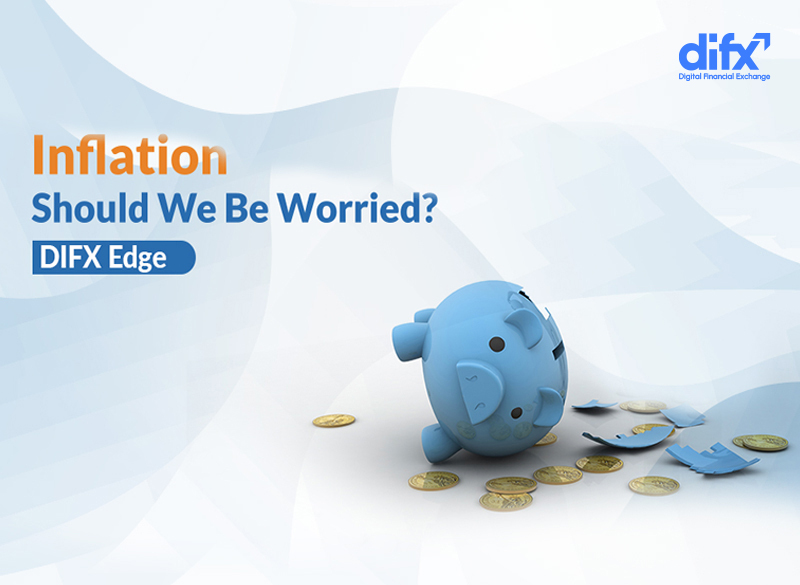A quick skim through the news and you’d realize that inflation has been in the headlines for the past few weeks. Major central banks have announced their elevated interest rates, expecting the increase to continue even more in the following months.
Just yesterday, International Monetary Fund (IMF) slashed its world GDP outlook, warning of alarmingly-high inflation rates and an imminent recession on the horizon. But how worried should we really be?
What is Inflation?
In general, inflation refers to the increase in the prices of goods and services. When the inflation rises, you can fill your basket less with the same amount of money you had, let’s say, a week or month ago. In other words, the purchasing power of your money is decreasing, which is the currency of your country.
Inflation is mostly caused by an increase in the money supply which lies in the hands of the government and central bank. Take your country for instance; As the amount of money in your economy grows rapidly, the national currency loses its value as a result, leading to a sharp increase in the prices.
How Do Governments Control Inflation?
The inflation rate is controlled by the financial regulator of the country which is mostly the central bank. A central bank has its own monetary policies through which it enforces various measures and keeps the money supply in check.
As we mentioned earlier, the inflation rate increases when the money supply experiences a sharp increase. Naturally, decreasing the money supply is one way to fight inflation which is performed through Quantitative Tightening (QT), a contractionary monetary policy.
Increasing the interest rates is one common method for this which will make borrowing more expensive, leading to less spending and therefore, economic activities. This can eventually send the economy into a recession.
Recession in 2022: How Likely Is That?
The main thing in controlling inflation is to do it in a way that won’t weigh on the economic activities heavily to avoid a recession. One of the unique things about the inflation we’re facing right now is its nature.
The forced shut down of the economy due to the COVID-19 pandemic pushed governments to increase the money supply to stimulate the economy afterward. Considering this, we can still hope that this inflation could be different and that the authorities will be able to control it better by applying some carefully-crafted monetary policies.
Bitcoin and Inflation
Bitcoin promoted itself as a remedy to the problems of the current financial system, positioning itself as a hedge against inflation. But recent crypto market conditions proved it, to some extent, to be otherwise.
As the world economy is hit by another round of inflation rate surges, it doesn’t seem like Bitcoin’s scarcity is making any difference compared to other financial markets. However, we can’t ignore the consecutive bankruptcy, hack, and negative news that boosted the plunge even further.
All things considered, we have to wait and see how the largest cryptocurrency and the crypto market will go through its first yet-to-come recession.

